The US terrorist forces assassinated Lt. General Qassem Soleimani, who was among the key figures in the fight against terrorism in Syria and Iraq in the past several years, and Abu Mahdi al-Muhandis, the second-in-command of Iraq’s pro-government Popular Mobilization Units (PMU) in an airstrike ordered by former US President Donald Trump at Baghdad’s international airport on January 3, 2020.
Dangerous US gambling to physically remove one of the world's most powerful military commanders and pioneers in the fight against terrorist groups has deteriorated the situation in the West Asian region for the US itself more than ever.
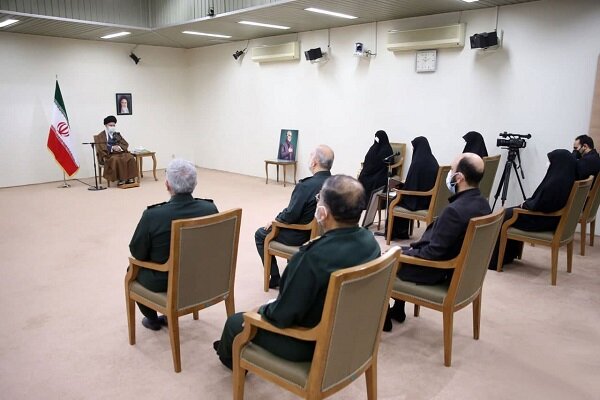
“The enemies thought that with the martyrdom of Soleimani, Abu Mahdi and his other companions, the work would be over, but today, thanks to that dear blood wrongly spilt, the United States has fled Afghanistan. In Iraq, the Americans were forced to feign pullout and declare advisory and non-combat role, but our Iraqi brothers must follow this issue with vigilance. In Yemen, the Resistance front is advancing; in Syria, the enemy is paralyzed without hope for the future, and in general, the resistance and anti-colonial current in the region is more prosperous, buoyant and hopeful than two years ago," said Leader of the Islamic Revolution Ayatollah Seyed Ali Khamenei in a meeting with the family of Martyr Soleimani on the eve of the second anniversary of the martyrdom of Lt. General Qassem Soleimani.
General Qassem Soleimani was hailed as a charismatic brave hero in Iran and beloved by the troops. He devoted his life to defending Iran's national interest in the region so he is considered a national hero for Iranian people regardless of their different political and religious tendencies.
The Leader called Gen. Soleimani an “enduring and everlasting reality”, saying his assassins, like former US President Donald Trump and others like him, will be “among the forgotten of history and will be lost in the dustbin of history, of course, after repaying their crime in this world".
The news of the martyrdom of Gen. Soleimani and Abu Mahdi al-Muhandis was widely reported in the world media from the very beginning, and he was described as a war genius whose martyrdom would affect the equations of the region.
Various American and European officials and figures also reacted to his assassination.

In the 44th regular session of the Human Rights Council in July 2020, French human rights expert and Special Rapporteur on extrajudicial of the United Nations High Commissioner for Human Rights Agnes Callamard called the assassination of Lt. Gen. Soleimani by US forces a violation of international law.
The attack violated the UN Charter, she added, calling for accountability for targeted killings by armed drones and for greater regulation of the weapons.
Callamard said that the US has distorted the principle of sovereignty as it has failed to provide sufficient evidence of an attack against its interests to justify the assassination of Gen. Soleimani.
She noted this assassination is outside the context of active hostilities, adding that the use of drones or other means for targeted killing is almost never likely to be legal.
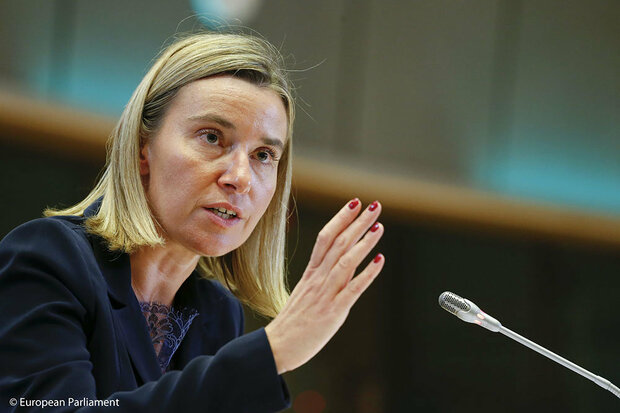
Former High Representative of the European Union for Foreign and Security Policy Federica Mogherini in a tweet reacted to the US terrorist operation in Iraq and warned against the escalation of tensions in the Middle East. "An extremely dangerous escalation in the #MiddleEast."
"Hope that those who still believe in wisdom and rationality will prevail, that some of the diplomatic achievements of the past will be preserved, and that a major scale confrontation will be avoided," she added.
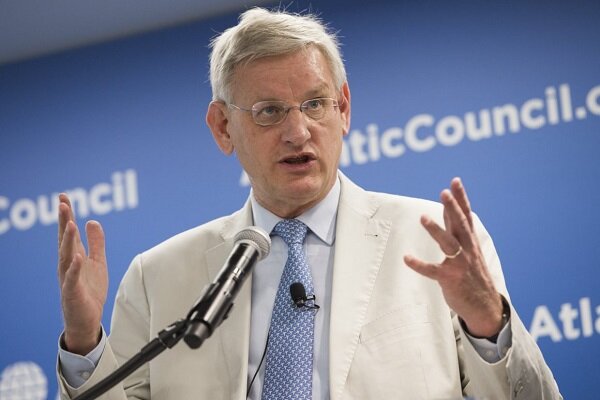
Former Swedish Prime Minister Carl Bildt also in a message termed the assassination of the IRGC commander as limiting the scope of diplomacy. "With Iraq turned into a battlefield between US and Iran the already fragile state of Iraq will be weakened and the room for Daesh and other terrorist organizations will in all probability increase."
"Let’s not forget that the EU worked diplomatically for more than a decade to prevent a war between the US and Iran over primarily the nuclear issue," he added.
"And efforts have continued also in the difficult Trump era," he said adding, "But now the scope for diplomacy is probably extremely limited."
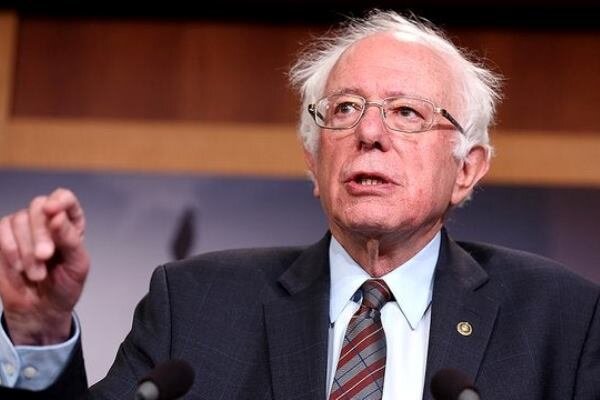
Member of the United States Senate Bernie Sanders criticized the US assassination of Gen. Soleimani, saying that the US killing of Iranian Gen. Qassem Soleimani could lead to another military conflict after President Donald Trump promised to stop endless wars.
“As we all remember, Trump promised to end endless wars. Tragically, his actions now put us on the path to another war, potentially one that could be even worse than before,” Sanders said.
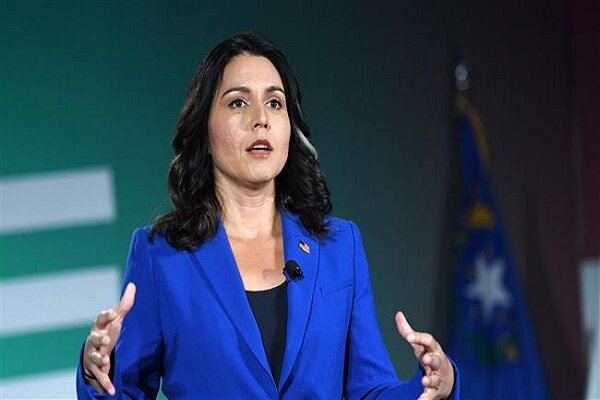
Rep. Tulsi Gabbard said the Trump administration provided "no justification whatsoever" during an intelligence briefing on the assassination of Iranian commander Qassem Soleimani.
"I just came from the intelligence briefing that the administration came and brought to Congress. Really they provided vague comments, no justification whatsoever for this illegal and unconstitutional act of war that President Trump took," Gabbard told CNN's Jake Tapper on "The Lead."
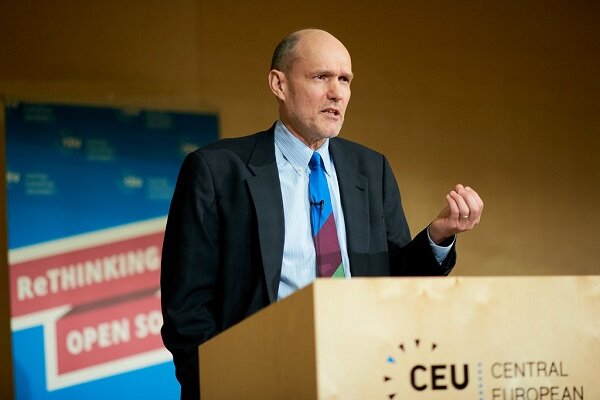
“Just imagine how we’d react if some adversary assassinated a member of the Joint Chiefs, an Undersecretary of State, or the DNI (Director of National Intelligence),” tweeted American political scientist Stephen Walt.
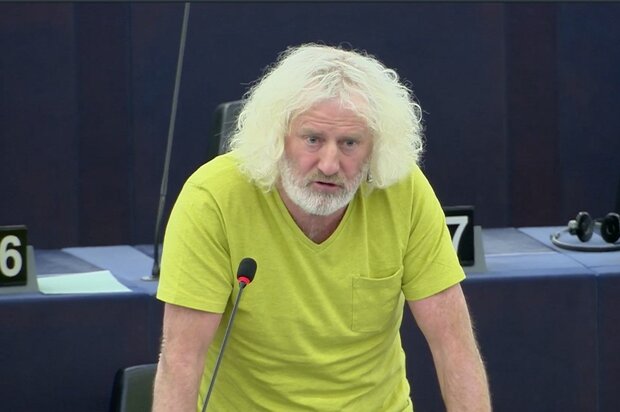
In his recent tweets, a member of the European Parliament acknowledged that nobody did more to defeat ISIL terrorists in Iraq than legend Iranian commander Martyr Lt. General Qassem Soleimani.
"While the #US and Allies were responsible for the rise of #ISIS and the arming of Jihadists Groups, nobody did more to defeat ISIS in #Iraq than General Soleimani," Mick Wallace wrote.
He also condemned the international community for not taking any action on the assassination of the Iranian top general, saying, "Where was the condemnation from the International Community when he was murdered by the US...?"
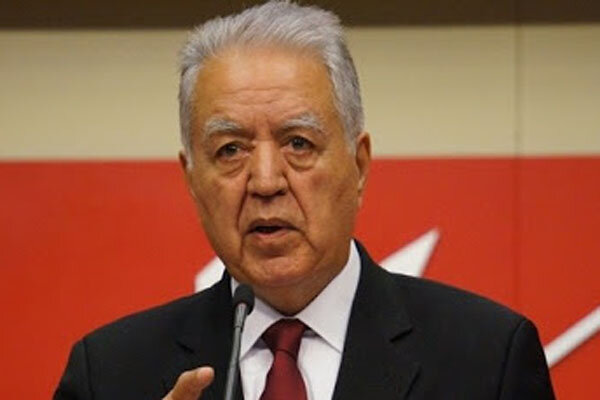
Commenting on General Qassem Soleimani's role in challenging the US policy in the Middle East, Osman Faruk Logoglu, a senior member of Turkey’s Republican People’s Party (CHP) said, "The story of what specific role he may have played in resisting American designs in the region should come out in the near future."
"Soleimani has been at the forefront of the struggle between Iran and the US. The assassination of General Qassem Soleimani has been a fatal mistake on the part of President Trump," he added.

Bangkok- based geopolitical researcher Brian Berletic said that figures like Soleimani - and in a wider sense - the efforts by the Iranian, Syrian, Iraqi, and Russia have already foiled the US plans to redraw North Africa and West Asia (Middle East).
"The US murdered Lt. General Soleimani in the middle of its illegal occupation of Iraq, without justification, outside every conceivable measure of international law, and in direct violation of not only US and international laws - but in violation of Iraq's laws and without Iraq's consent. Virtually every aspect of the targeted murder/assassination was illegal and in every conceivable way, " he said. "But considering Washington's track record of carrying out crimes internationally - from assassinations to full-scale invasions - this sort of crime has been "normalized" and unfortunately little has or will be done about it - especially in the still very ineffective, dysfunctional United Nations."
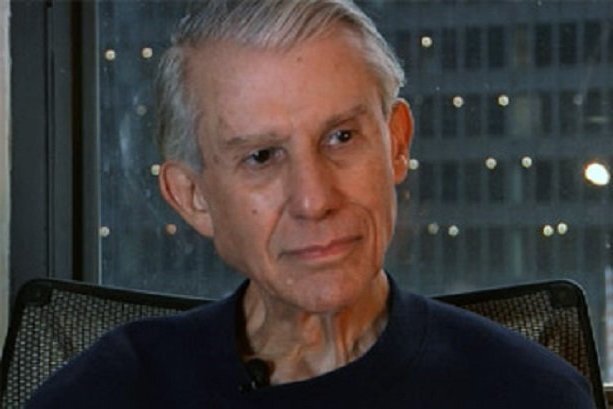
American analyst Stephen Lendman said, "The US operates by what it calls its "rules-based order" - its own rules no matter how grievously they breach the UN Charter and other international law. Soleimani was eliminated because he was an effective freedom fighter. That runs counter to US hegemonic aims to control planet earth, its resources and populations unchallenged."
"The Pentagon and CIA are virtual killing machines involved in pursuing the US aim by hot and cold wars, targeted assassinations, as well as an array of dirty tricks and atrocities, including at home against figures like Jack and Bobby Kennedy, Martin Luther King, Senator Paul Wellstone and others whose policies and beliefs opposed hegemony and endless wars," he added. "I'm hopeful that Marty General Soleimani with inspire Iranians and others in other countries to challenge Washington's destructive agenda."
"I believe the US is in decline, its imperial aims failing and that it will go the way of other empires in history because of its arrogance, ruinous military spending at the expense of vital homeland needs, waging endless wars against invented enemies, and unwillingness to change," Lendman noted.
Gen. Soleimani was undoubtedly the most prominent Iranian military commander in the world, whose name is tied with the fight against ISIL. Even years before his assassination, he was often praised for his influential role in regional developments by American commanders and military forces who had experience in the Middle East.
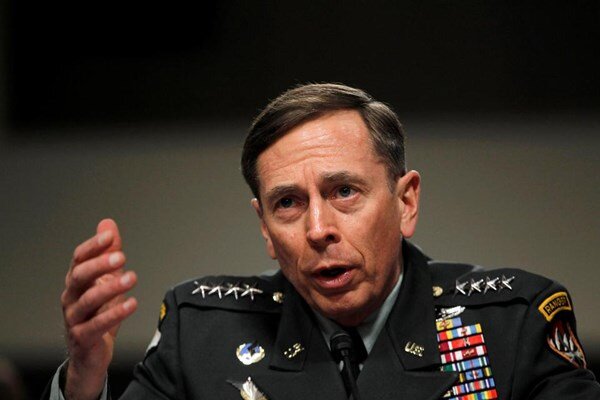
Retired Gen. David Petraeus who was commander of US forces in Iraq and Afghanistan and led the troop surge in Iraq in 2007 said during an interview on CBS News' "Face the Nation" that he considered Soleimani a "very capable" adversary during his time commanding troops in Iraq and that "it's impossible to overstate the significance of the attack" that killed Iran's top military figure.
"Well, he was our most significant Iranian adversary during my four years in Iraq, [and] certainly when I was the Central Command commander, and very much so when I was the director of the CIA. He is unquestionably the most significant and important — or was the most significant and important — Iranian figure in the region," said Petraeus.
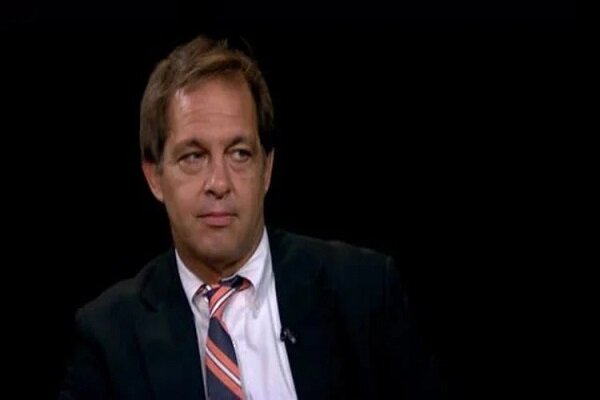
Dexter Filkins, who wrote the definitive report of Gen. Soleimani in 2013, called him 'The Shadow Commander'.
In this report, a former C.I.A. officer called Gen. Soleimani, the head of Iran’s Quds Force, the “most powerful operative in the Middle East today.”
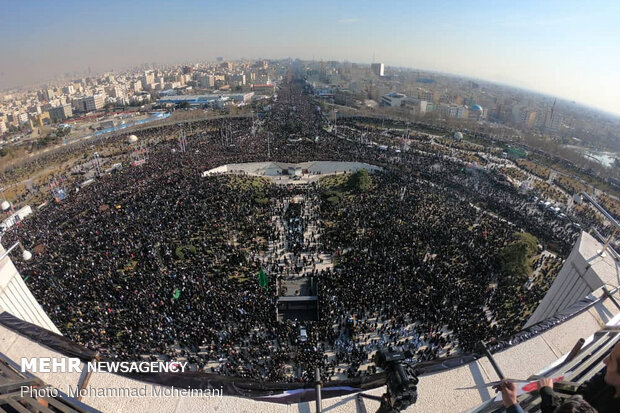
After his assassination, tens of millions of people in Iraq, Iran and other countries have poured onto the streets to pay tribute to the martyred Iranian top commander. A group of foreign ambassadors to Iran along with high-ranking officials of Iran and the Resistance movement had also participated in the event.
The funeral procession in Tehran has also received widespread media coverage.
Referring to the participation of a large crowd of people in the funeral and other processions held for Gen. Soleimani after his assassination, Ayatollah Khamenei said, “This fact shows that Gen. Soleimani was and is the most national figure, while the growing influence of his memory and name in the Islamic world proves that the beloved Soleimani was and is the most popular figure in the Islamic world."
“The heroic commander of the Iranian nation," he added, "had an admirable level of courage and at the same time rationality in all his endless works and activities. With accurate knowledge of the enemy and its possibilities, he would enter the field of combat with strength and tact without the slightest fear and fulfill amazing tasks."
“He fled from being seen and was not a man of pretence and bluff, and that funeral of tens of millions and the spread of his name and memory in the world was the first reward and divine recompense for his sincerity in the world,” the Leader added.
MNA/


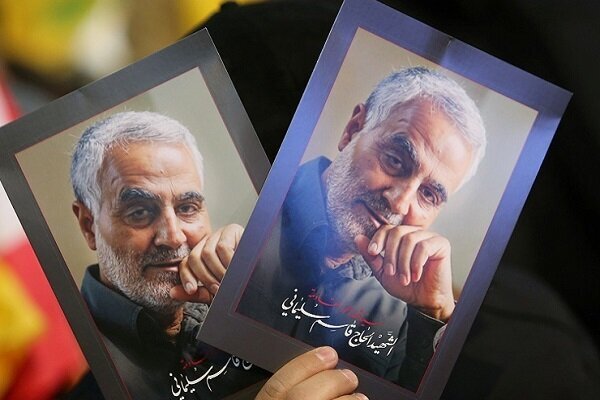
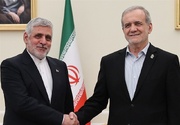


















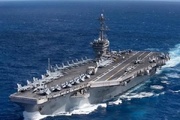


Your Comment